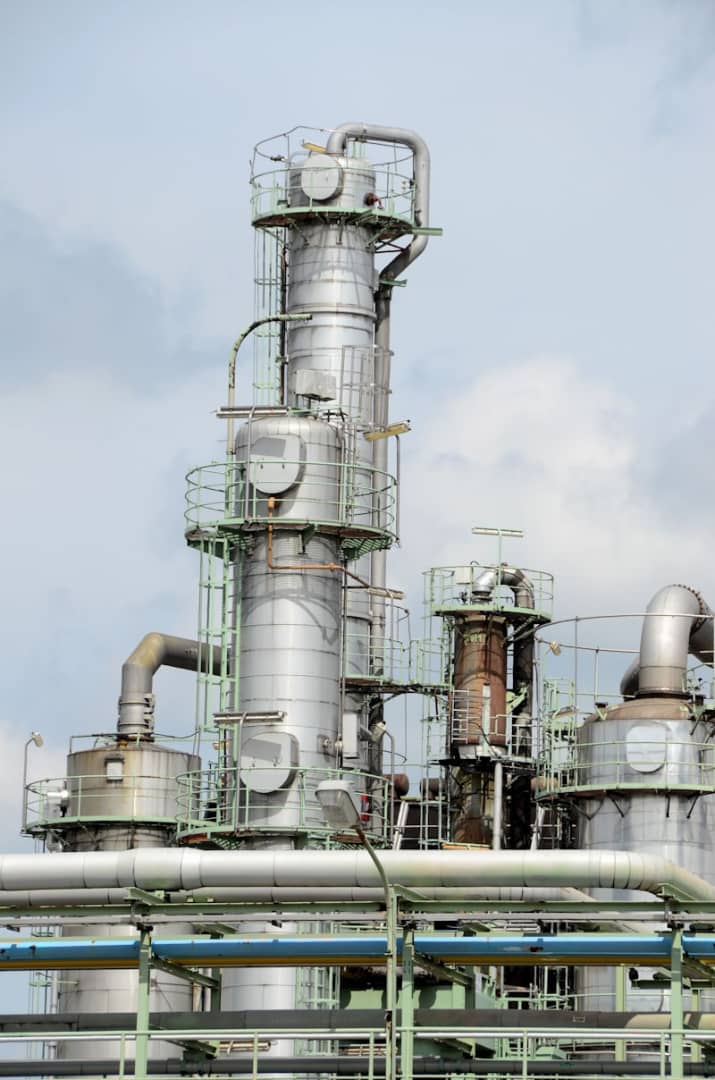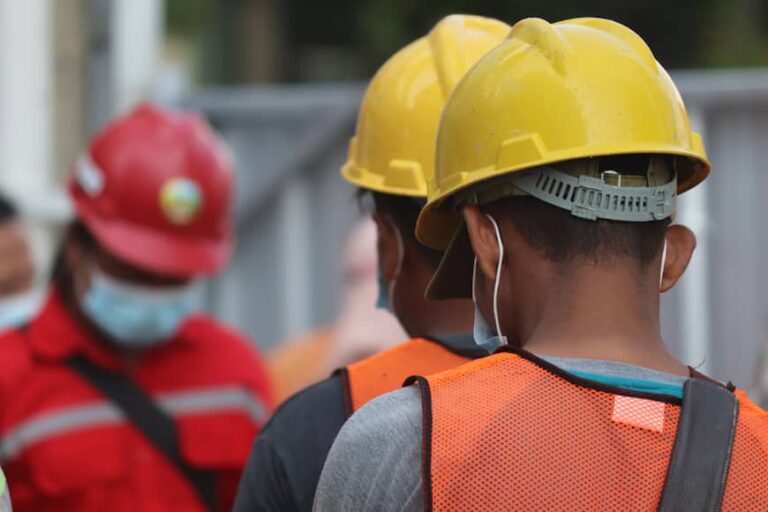Dangote Refinery, Unionisation, and the Bigger Battle Between Profit and Workers’ Power
JUST IN: Reports surfaced that several Nigerian workers at the Dangote Refinery were dismissed only hours after officially joining the oil and gas workers’ union, PENGASSAN.
A leaked internal memo suggested a “mass sack,” but Dangote management has strongly denied this, claiming instead that the refinery is undergoing a reorganisation to deal with acts of sabotage.
Still, the timing is hard to ignore—the dismissals came almost immediately after workers joined the union.
Why This Matters
The Dangote Refinery is the largest in Africa and arguably the most strategic industrial project in Nigeria’s economy. Any move it makes—especially one concerning labour rights—sends ripples through the corporate and political landscape.
At the heart of this controversy lies an age-old struggle: corporate profit vs workers’ rights.
Unions demand:
Better pay
Safer working conditions
Job security
A collective voice for workers
Corporations prefer:
Individual contracts (easier to manage)
Flexible hiring and firing
Full control over workplace policies
When workers unite, management often sees it as a threat to control and profit margins.
Is It Sabotage or Union-Busting?
The company’s explanation cites “sabotage,” but critics argue this could be a convenient label to justify removing employees who chose to unionise.
This wouldn’t be the first time. Across the world, from Amazon warehouses in the U.S. to oil refineries in Africa, the pattern is the same:
Workers form unions.
Corporations push back.
The Legal Angle
Nigeria’s Constitution guarantees freedom of association. That means workers have the right to join unions without fear of victimisation.
If it turns out that workers were dismissed because of union membership, then the refinery could face serious legal and reputational backlash. However, in practice, labour disputes in Nigerian courts take years to resolve, and by then, many workers have already moved on or been silenced.
The Bigger Picture
This isn’t just about Dangote. It’s about how big corporations—no matter the country—respond to organised labour.
For workers, unions represent collective power.
For corporations, unions represent a threat to profit control.
And in that clash, it is usually the worker who pays the first price.
Final Thought
Whether this was truly about sabotage or a move to crush unionisation before it takes root, the case raises a crucial question for Nigeria:
Will the country’s biggest companies respect workers’ rights, or will profit always come first?
One thing is clear: the outcome of this dispute will shape not just the Dangote Refinery workforce but also the future of labour relations in Nigeria’s private sector.
👉 What’s your view? Was Dangote simply protecting its refinery, or was this an attempt to silence workers before they gained too much power?




